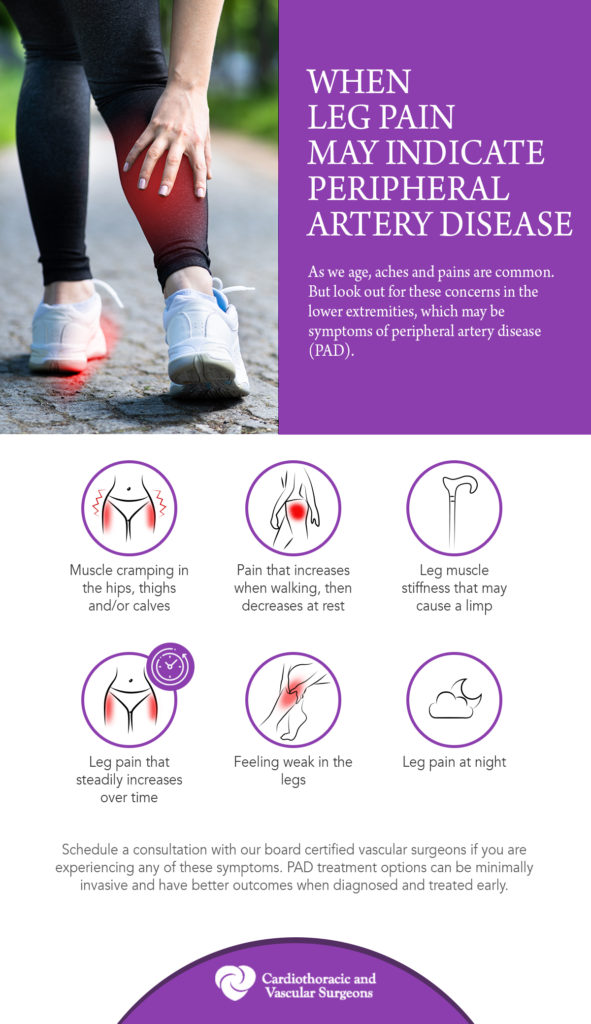It’s normal to think that any cuts, blisters or sores will heal. With a bit of cleaning and care our bodies do an amazing job of fixing themselves. If a wound does not heal after four to six weeks, or if it appears worse, redder, swelling leaky of fluid, or emitting a bad smell, it’s a sign that there’s something deeper going on. Small sores can develop into a foot or leg wound that won’t heal. If it’s not treated it could lead to serious complications, and possibly an amputation.
If you’ve been watching and waiting for a sore to heal, it could be time to seek help.

Some wounds are not healed.
Understanding the common reasons for an injury not healing may assist you and your doctor determine the best treatment for it.
You’re at a greater risk of foot and leg wounds that do not heal correctly if you suffer from diabetes. A high blood sugar level can affect your nerves (so it’s not possible to feel injuries when they happen) and hinder the flow of blood, making it difficult for even minor cuts to get better.
Another major cause is poor circulation, usually related to venous or arterial ulcers. If your arteries and veins aren’t functioning properly then your blood supply isn’t getting enough oxygen and nutrients to improve your skin.
There is also the possibility of developing bedsores (pressure ulcers) If you suffer from mobility problems. These are another type of wound that may be extremely difficult to heal if not treated properly.
In addition to age, other factors, such as certain medicines (such as blood thinners) or autoimmunity issues, or inadequate nutrition, can delay healing. There is a chance that a combination could make a wound persist.
How long should healing be expected to take and what happens if it does not?
It’s normal to be curious about how long healing “should” take. In reality, it is contingent on the nature of wound as well as your overall health. Small cuts or blisters may heal in a few weeks. A more serious foot ulcer or leg wounds that do not appear to be healing, could last up to 12 weeks.
The most important thing to keep in mind is that if you’re not experiencing any improvement in four to six weeks, don’t wait. It’s the time to see an expert in wound care. The longer a wound remains open, the higher the risk.
The best help is what You deserve
It’s not “bad luck” that your sore does not heal. Your body needs assistance. The good news? Treatments and experts can make a difference. At our clinic, we specialize in treating non-healing foot ulcers and leg wounds, sore won’t heal working alongside your other healthcare providers to create a personalized plan that gives your body the best chance to heal and helps prevent amputations.
There are solutions for advanced wound dressings, blood flow restoration as well as hyperbaric therapy. We’ll work with you to help heal your wound.
Final Thoughts
A wound that will not heal affects your life in more ways than one. It can alter your life. There’s possibility. Do not hesitate to seek assistance if you’re exhausted of having to deal with an injury to your leg that will not heal or heal, or a sore that is persistent, or a foot injury that isn’t healing. You can live the life you want with no constant pain or anxiety about a painful wound when you act swiftly.